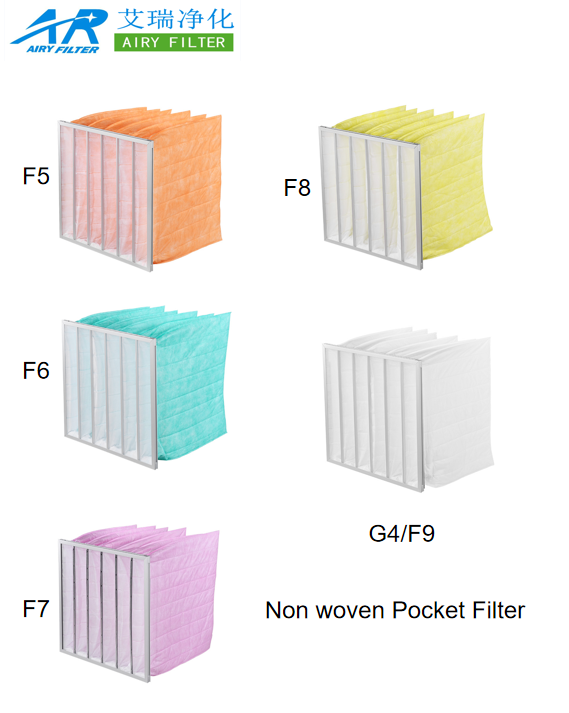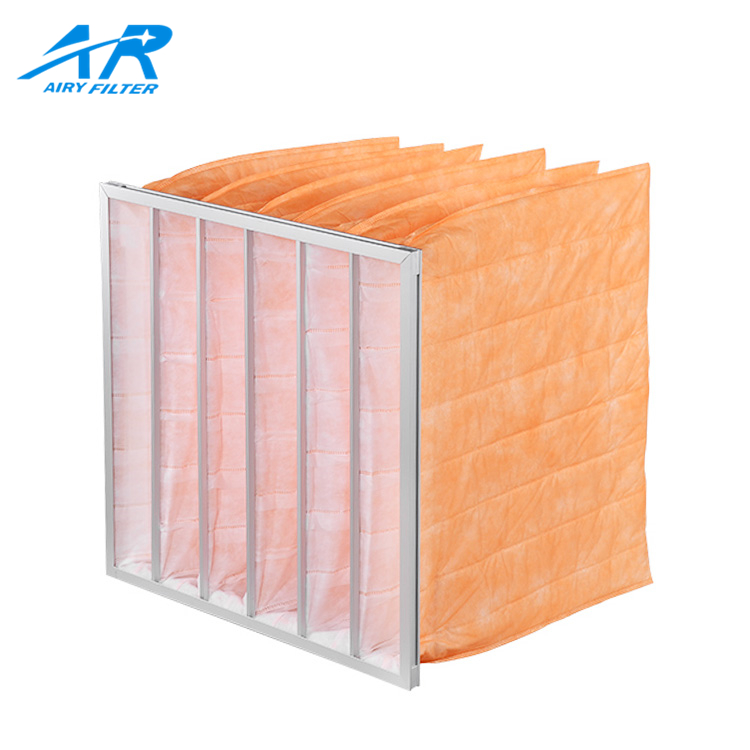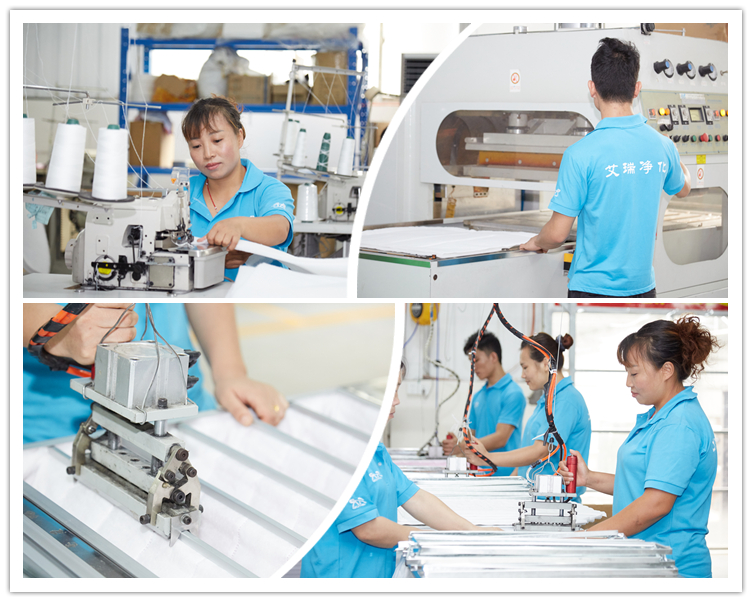Cheng Yuan Automobile Industry Weekly Review: “There are no fancy booths, no car models, no media, visitors in twos and threes, casual salespeopleâ€, this is the third China Auto Brand Expo described by Zhu Jinjin, reporter of China Economic Net. "Scene scenarios. The independent brand expo was held in Beijing, the capital, from July 23 to 29. As described by reporters, the “abnormally deserted†scene is simply a true portrayal of the difficult situation of independent brands.
In addition to the “Exhibition of the new technologies and new products of the self-owned brand models included in the government procurement catalog and their respective main vehicle companiesâ€, the Expo also held a self-branded automobile seminar, “after the introduction of relevant policies to the government, enterprises, and consumption. "Influences on the media and others," invited "government leaders and industry experts to contribute to the development of independent automotive industry."
However, fairs and seminars have met with a cold shoulder both at the government level and at the corporate level. The current officials of the government-affiliated departments such as the Ministry of Industry and Information Technology, the National Development and Reform Commission, the Ministry of Commerce, and the Ministry of Science and Technology, as well as industry “authorities†in the list of “invited invitations†to the symposium, except for the deputy director of the Department of Industry of the Ministry of Commerce, Zhou Shijie, all others did not show up.
In the same way, none of the “Big Four†or “Six Big†auto group headmen recognized by the Chinese authorities attended the meeting, and they were able to attend corporate executives at the “high-level†level, and only Gong Bing, vice president of Chang’an Co., Ltd., and Beijing Automotive Industry Co., Ltd. Dong Yang, vice president, and Xu Yulin, deputy general manager of GAC passenger vehicles, ranked 3rd. The "China Automobile Association Market Trade Committee Inauguration Meeting" held in Beijing in the same city as early as the first half was very "luxury" on the attendance list: Xu Xianping, FAW President, Zhang Jian, Vice President of BAIC Group, Xiao Guopu, Vice President of SAIC, and Dongfeng Company Vice Chairman Liu Weidong, general manager, Gong Bing, vice president of Changan Automobile, Lu Jianhui, deputy general manager of Chery, Wang Zhiyuan, vice president of JAC, and Yu Youde, vice president of CNHTC. The time difference between the two meetings was half a day, and it was not a conflict. The heavyweights who participated in the morning meeting had collectively selected "absence" for the afternoon's independent brand seminar. When comparing two people, it is not difficult to make judgments.
Over the years, various “peaks†and “forums†have emerged in an endless stream. Except for some “experts†who are unable to resist loneliness, companies are really overwhelmed, but they are truly clean and pure, like “China’s own brand automotive seminarsâ€. The forum devoted to independent brands is actually very few. This forum was initiated by Xu Bingjin, former Assistant Minister of Commerce and an expert in the automotive industry. He was supported by the Politburo Standing Committee and the former Vice Premier of the State Council and held once a year. It seems that this fair is a bit unsustainable.
Like the fate of this expo, self-owned brand cars have also suffered from the cold in the market. In the first half of the year, the market share of self-owned brand passenger cars has fallen below 30%; the sales of self-owned brand cars have reached 1.423 million, which represents a year-on-year decrease of 6.8%, accounting for 27.2% of the total sales of cars. The occupancy rate has dropped by 3.6 percentage points year-on-year. In July, the sales volume of self-owned branded passenger cars decreased by 17.59% month-on-month, and the occupancy rate decreased by 2.15 percentage points from the previous month.
At the seminar, it was pessimistic about the future prospects of auto brands. It could be said to be "highly consistent." Everyone also agreed that the main cause of the predicament of self-owned brands today is "policy bias."
For a long period of time, the government departments in charge have restricted Chinese companies from entering the field of cars in the name of "opposition against scattered disparities". However, they have opened their doors to let multinational companies arbitrarily occupy the Chinese market. “Leaving the Tigersâ€, today's multinational corporations dominate the automotive joint ventures, not only forming a considerable economic scale, the brand has also taken root in Chinese consumers, and China’s own brands have lost the best opportunity for development. The Chinese market has become the world’s largest market for multinationals such as Volkswagen, Audi and Nissan. Other brands are also close behind. Not long after, China will become the world’s largest market for almost all multinational corporate brands, while China’s own brands will gradually decline. . According to the publicly released market goals of multinational corporations, the Chinese market has been divided up by them and Chinese independent brands will have difficulty establishing a foothold in their own countries.
What is particularly worrying is that the Chinese government authorities do not have a deep understanding of this and they continue to give joint ventures a large number of specially approved projects to allow them to expand their scales insanely. Volkswagen has established 10 companies in China and it is still not satisfied. The officials of the National Development and Reform Commission personally accompanied Volkswagen executives to study the western market and helped it to open up new links.
In our government departments and corporate executives, quite a number of people think that “making other people’s cars good is also a kind of splendidâ€. They “buy a bumpy face†and sell them as someone else’s “carâ€. "Industry" complacently regards "the largest auto market" as "the largest auto industry." In fact, in the final analysis, at present, China's auto industry can only be regarded as "the world's largest car sales industry" at the best, and extravagantly talking about "from the big auto country to the auto powerhouse" is not only self-deception but also a little "unshameful"!
The industry generally believes that it is time for China's auto brands to “sing the national anthemâ€. In “the most dangerous timeâ€, it is necessary to mobilize people and support the development of independent brands, especially government officials. "The official car purchases are tilted toward independent brands." It can't be just a good slogan. "Leadership leaders take the lead in self-owned brands." Even more, they can't just say that they don't practice or even say they don't want to say. The bus purchased with taxpayers’ money must be an independent brand.
Recently, some big cities have taken some restrictions on car purchases and travel due to traffic and environmental protection pressures, but at the same time they should introduce policies to support independent brands, and they should not allow these restrictions on purchase restrictions to become the killer of independent brands, so that independent brands can survive. The environment is getting worse.
Of course, self-owned brands must also have firm confidence and do not shake the product quality. It is believed that there is a future for independent brands.
In addition to the “Exhibition of the new technologies and new products of the self-owned brand models included in the government procurement catalog and their respective main vehicle companiesâ€, the Expo also held a self-branded automobile seminar, “after the introduction of relevant policies to the government, enterprises, and consumption. "Influences on the media and others," invited "government leaders and industry experts to contribute to the development of independent automotive industry."
However, fairs and seminars have met with a cold shoulder both at the government level and at the corporate level. The current officials of the government-affiliated departments such as the Ministry of Industry and Information Technology, the National Development and Reform Commission, the Ministry of Commerce, and the Ministry of Science and Technology, as well as industry “authorities†in the list of “invited invitations†to the symposium, except for the deputy director of the Department of Industry of the Ministry of Commerce, Zhou Shijie, all others did not show up.
In the same way, none of the “Big Four†or “Six Big†auto group headmen recognized by the Chinese authorities attended the meeting, and they were able to attend corporate executives at the “high-level†level, and only Gong Bing, vice president of Chang’an Co., Ltd., and Beijing Automotive Industry Co., Ltd. Dong Yang, vice president, and Xu Yulin, deputy general manager of GAC passenger vehicles, ranked 3rd. The "China Automobile Association Market Trade Committee Inauguration Meeting" held in Beijing in the same city as early as the first half was very "luxury" on the attendance list: Xu Xianping, FAW President, Zhang Jian, Vice President of BAIC Group, Xiao Guopu, Vice President of SAIC, and Dongfeng Company Vice Chairman Liu Weidong, general manager, Gong Bing, vice president of Changan Automobile, Lu Jianhui, deputy general manager of Chery, Wang Zhiyuan, vice president of JAC, and Yu Youde, vice president of CNHTC. The time difference between the two meetings was half a day, and it was not a conflict. The heavyweights who participated in the morning meeting had collectively selected "absence" for the afternoon's independent brand seminar. When comparing two people, it is not difficult to make judgments.
Over the years, various “peaks†and “forums†have emerged in an endless stream. Except for some “experts†who are unable to resist loneliness, companies are really overwhelmed, but they are truly clean and pure, like “China’s own brand automotive seminarsâ€. The forum devoted to independent brands is actually very few. This forum was initiated by Xu Bingjin, former Assistant Minister of Commerce and an expert in the automotive industry. He was supported by the Politburo Standing Committee and the former Vice Premier of the State Council and held once a year. It seems that this fair is a bit unsustainable.
Like the fate of this expo, self-owned brand cars have also suffered from the cold in the market. In the first half of the year, the market share of self-owned brand passenger cars has fallen below 30%; the sales of self-owned brand cars have reached 1.423 million, which represents a year-on-year decrease of 6.8%, accounting for 27.2% of the total sales of cars. The occupancy rate has dropped by 3.6 percentage points year-on-year. In July, the sales volume of self-owned branded passenger cars decreased by 17.59% month-on-month, and the occupancy rate decreased by 2.15 percentage points from the previous month.
At the seminar, it was pessimistic about the future prospects of auto brands. It could be said to be "highly consistent." Everyone also agreed that the main cause of the predicament of self-owned brands today is "policy bias."
For a long period of time, the government departments in charge have restricted Chinese companies from entering the field of cars in the name of "opposition against scattered disparities". However, they have opened their doors to let multinational companies arbitrarily occupy the Chinese market. “Leaving the Tigersâ€, today's multinational corporations dominate the automotive joint ventures, not only forming a considerable economic scale, the brand has also taken root in Chinese consumers, and China’s own brands have lost the best opportunity for development. The Chinese market has become the world’s largest market for multinationals such as Volkswagen, Audi and Nissan. Other brands are also close behind. Not long after, China will become the world’s largest market for almost all multinational corporate brands, while China’s own brands will gradually decline. . According to the publicly released market goals of multinational corporations, the Chinese market has been divided up by them and Chinese independent brands will have difficulty establishing a foothold in their own countries.
What is particularly worrying is that the Chinese government authorities do not have a deep understanding of this and they continue to give joint ventures a large number of specially approved projects to allow them to expand their scales insanely. Volkswagen has established 10 companies in China and it is still not satisfied. The officials of the National Development and Reform Commission personally accompanied Volkswagen executives to study the western market and helped it to open up new links.
In our government departments and corporate executives, quite a number of people think that “making other people’s cars good is also a kind of splendidâ€. They “buy a bumpy face†and sell them as someone else’s “carâ€. "Industry" complacently regards "the largest auto market" as "the largest auto industry." In fact, in the final analysis, at present, China's auto industry can only be regarded as "the world's largest car sales industry" at the best, and extravagantly talking about "from the big auto country to the auto powerhouse" is not only self-deception but also a little "unshameful"!
The industry generally believes that it is time for China's auto brands to “sing the national anthemâ€. In “the most dangerous timeâ€, it is necessary to mobilize people and support the development of independent brands, especially government officials. "The official car purchases are tilted toward independent brands." It can't be just a good slogan. "Leadership leaders take the lead in self-owned brands." Even more, they can't just say that they don't practice or even say they don't want to say. The bus purchased with taxpayers’ money must be an independent brand.
Recently, some big cities have taken some restrictions on car purchases and travel due to traffic and environmental protection pressures, but at the same time they should introduce policies to support independent brands, and they should not allow these restrictions on purchase restrictions to become the killer of independent brands, so that independent brands can survive. The environment is getting worse.
Of course, self-owned brands must also have firm confidence and do not shake the product quality. It is believed that there is a future for independent brands.
Pocket FILTER also known as bag filters. Filter efficiency G4 F5 F6 F7 F8 F9, color orange, green, pink, yellow, white. It can be made of different materials, under different environment use different material. They are installed in HVAC systems to improve indoor air quality in auto shops, data centers, food and beverage plants, industrial sites, and schools.

Pocket air filters trap more airborne contaminants than non-pleated panel filters and need to be changed less often. These filters are suitable for applications where air is constantly flowing through the filter since they may deposit some captured material back into the air stream when they deflate. Pocket air filters are directional and should be mounted with their pockets oriented vertically. This limits redistribution of trapped particles if the filters deflate. A filter's MERV (minimum efficiency reporting value) rating measures how efficiently a filter traps contaminantn the air stream based on the size of the particles it can effectively capture. The higher a filter's MERV rating is, the more effectively it traps small particles.

Pocket filters provide between 45% and 95% efficiency for filtering particles between 3 and 10 microns in size (such as mold spores, dusting aids, and cement dust). They also provide between 50% and 65% efficiency for filtering particles between 1 and 3 microns in size (such as legionella, lead dust, humidifier dust, coal dust, and nebulizer droplets) and less than 20% efficiency for filtering particles between 0.30 and 1 micron in size (such as bacteria, most smoke, sneeze nuclei, insecticide dust, copier toner, and face powder).
It can be used with paint arrestor filter pre-filter, ceiling filter, paint stop filter, paint filter paper, sepa paint, HVAC filter, rigid box filter, exhaust filter, non-woven, high temperature resistance filter, plank filter, pleated filter, auto filter, pocket filter, disposable filter, ULPA filter& HEPA Filter, Activated Carbon Filter, face mask, mesh filter, paper filter, V cell filter, FFU, HEPA filter and other products.

Pocket Filter,Fiberglass Filter,Paint Stop Filter,Paint Spray Booth Filters
Guangzhou Airy Filter Media Co.,ltd , https://www.gzairy.com
